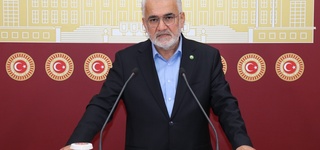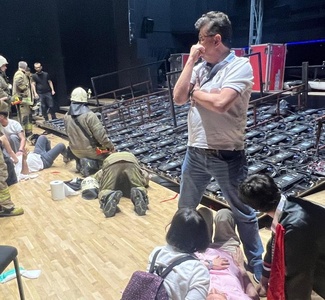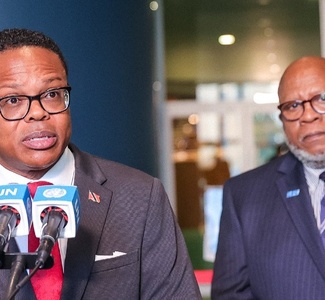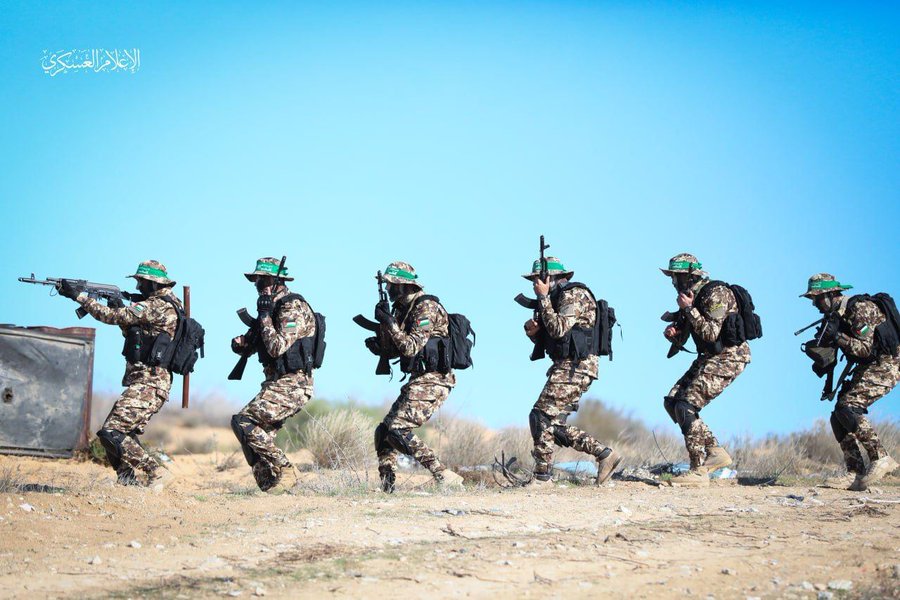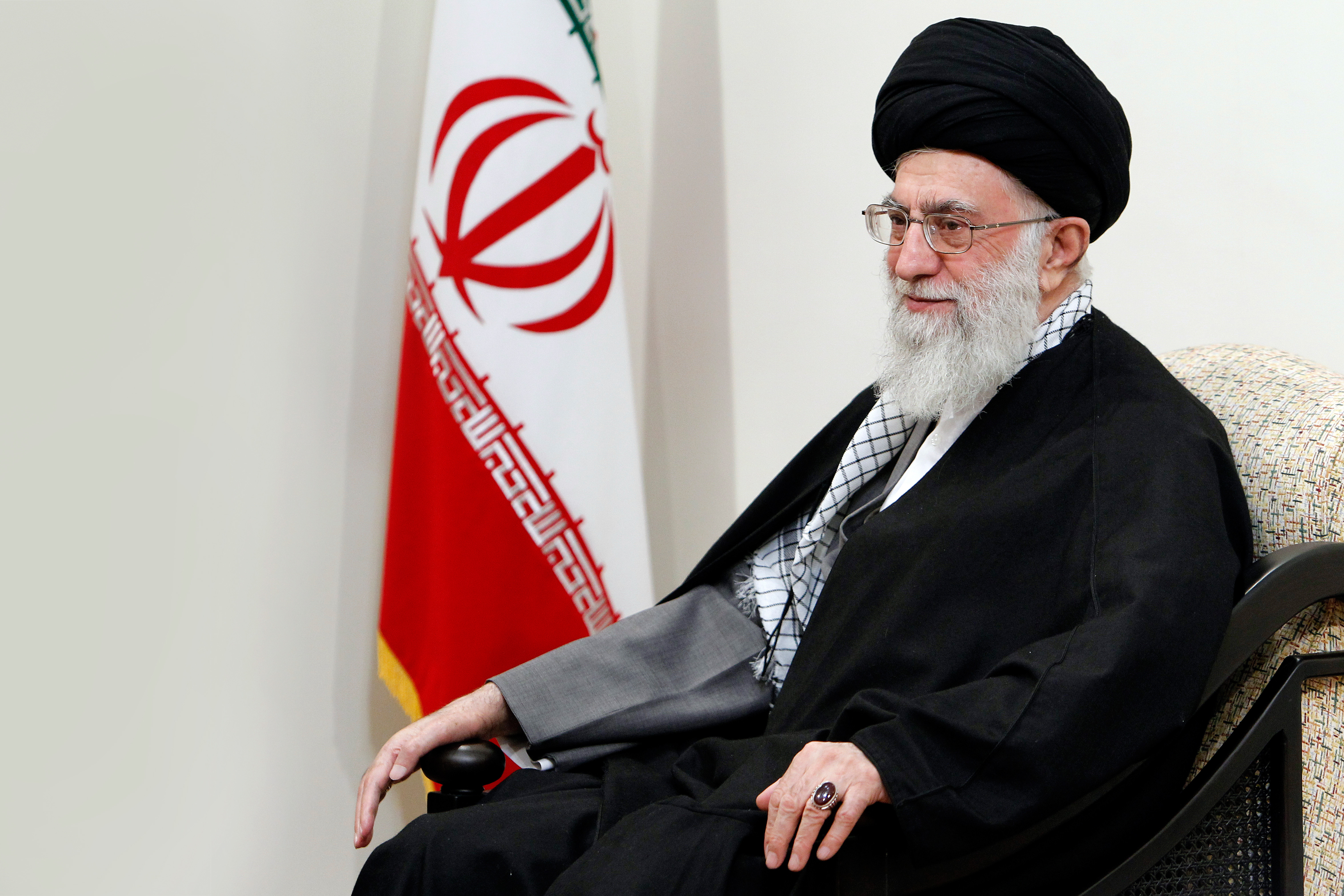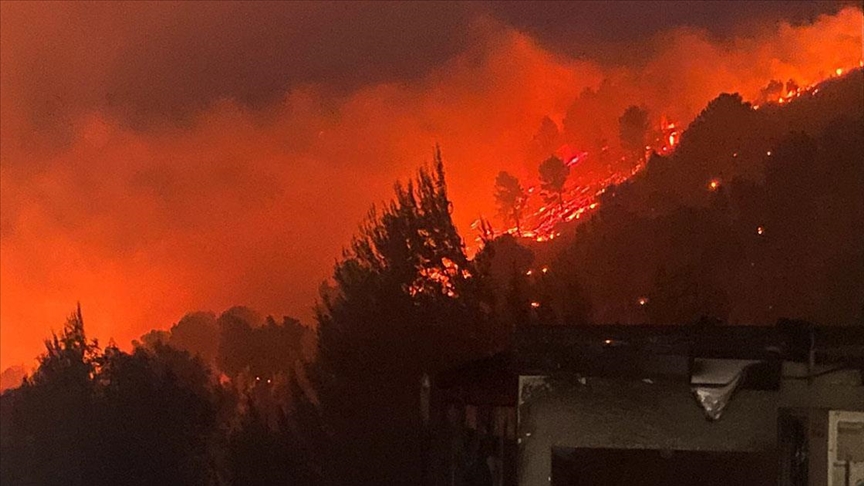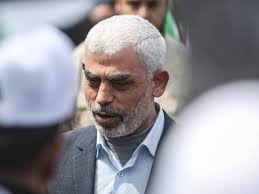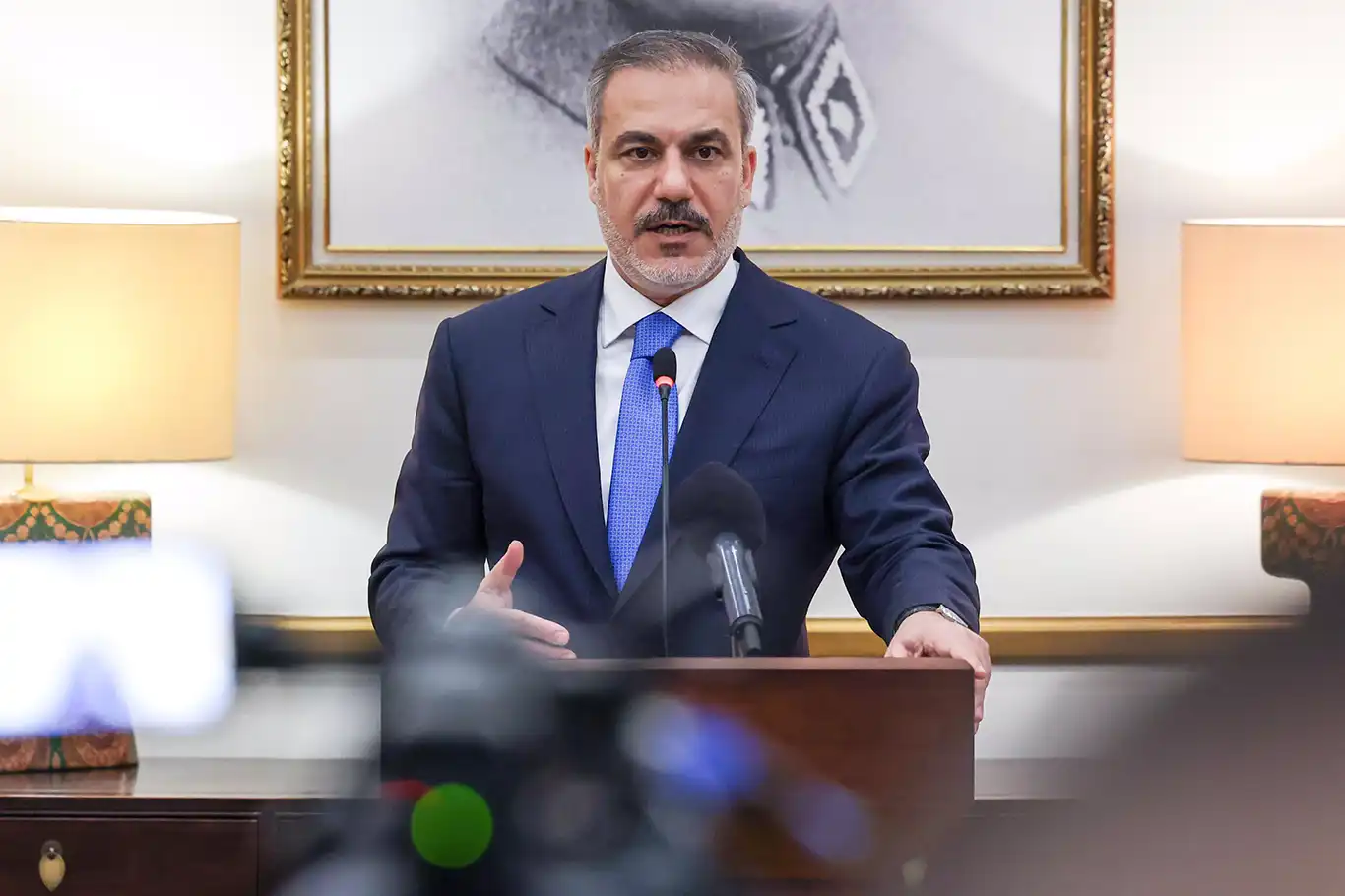Some 23.4 million people in Yemen need humanitarian aid—United Nations
Two-thirds of all Yemenis need humanitarian aid, with child malnutrition rates among the world’s highest, according to the United Nations.
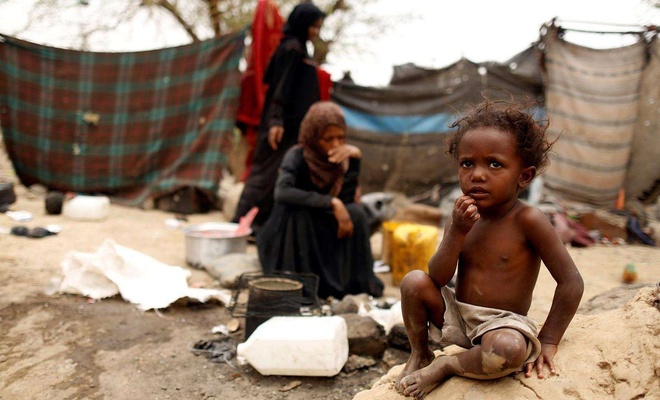
 Google News'te Doğruhaber'e abone olun.
Google News'te Doğruhaber'e abone olun. Wrapping up a nine-day visit to Yemen, Assistant Secretary-General for Humanitarian Affairs and Deputy Emergency Relief Coordinator Joyce Msuya stressed that life-saving humanitarian assistance and protection in Yemen must be ramped up to protect the lives of millions of vulnerable people, most of them women and children.
Some 23.4 million people in Yemen – more than two-thirds of the entire population – need humanitarian aid, with 17 million people being food insecure. Malnutrition rates among women and children are among the highest in the world, with 1.3 million pregnant or breastfeeding women and 2.2 million children under the age of five needing treatment for acute malnutrition.
On the heels of more than seven years of conflict, a UN-sponsored truce this April has led to a drop in civilian casualties and paved the way for much-needed fuel supplies to enter the country. The UN has called for the renewal and expansion of this truce, which continues to hold.
“Though important progress has been made since the start of the truce, enormous humanitarian needs remain in Yemen,” said Msuya, who met with communities and saw the needs for herself.
“There is no doubt: without continued commitment from donors, millions of people will go hungry and the lives of millions of malnourished children will be put at risk,” she said. “This is a critical time for Yemen and humanitarian donors cannot take their foot off the pedal.”
During her visit, Msuya visited Aden, Marib, Sana'a and Al Hodeidah. She met displaced and conflict-affected people who urgently need humanitarian assistance, as well as Yemeni officials and aid partners.
“It was extraordinarily inspiring to see the work that the humanitarian community is doing here,” Msuya said. “I am deeply grateful to all humanitarian workers who are doing everything possible to help displaced people and host communities.”
In Marib, Msuya spoke to people, who were forced to flee their homes, about how they lack food and safe drinking water, basic health services and education.
She also met with displaced women and girls who spoke to her about gender-based violence, early marriage and the lack of privacy and safety, and economic hardship of living in displacement sites, among other protection challenges. Aid agencies have provided livelihood opportunities for many of these women, who are often the main breadwinners of their families.
Amal, who has been sheltering with her family in Al Sumyah site in Marib, has been uprooted four times in the past seven years. “The war destroyed our livelihood and everything we owned,” she said, emphasizing that her community requires livelihood opportunities and support for children’s education.
Some 4.3 million people have been displaced since the conflict in Yemen escalated in 2015. Most people who fled violence have been displaced for many years and many have been forced to move multiple times. Since April, an additional 160,000 people have also been uprooted by torrential rains and flooding across the country.
In Al Hodeidah, Msuya visited the UN-supported Al Thawrah Hospital, where she met with children and adults injured by mines and unexploded ordnance. Over the past six months, landmines and other explosive hazards have become the most common cause of conflict-related civilian deaths or injuries.
Three weeks ago, Yousef, 17, was walking to his home in the Al Mandhar area when he stepped on a landmine. He lost his left leg.
“We hope that all these mines will be cleared,” said Yousef’s brother. “We don’t want this tragedy repeated.”
Msuya also visited the hospital’s malnutrition treatment ward, where she spoke with the mothers of malnourished children and saw the support provided by humanitarian agencies to treat women and children.
Msuya also met displaced women in Al Hodeidah, including Safie, a widow in her fifties, who was forced to flee her home six years ago. She lost her mother, sister and brother in the same month. “My sister died from birth-related complications because we couldn’t afford the treatment,” Safie said.
Yemen desperately needs more support to improve access to basic services and to prop up its deteriorating economy, Msuya underscored. “Everywhere I went, people told me they desperately wanted jobs so they could support their families, as well as access to health care, clean water and schools. We need development actors to step in to help authorities provide these services; humanitarians cannot do this alone.”
The country’s ailing infrastructure - including its ports, electricity and water networks – is in need of urgent repair. Msuya visited the Hodeidah port, a major entry point for food, fuel and humanitarian supplies into Yemen, which relies on commercial imports for 90 per cent of its food and other basic goods.
Msuya pointed to what she says are the two best ways to reduce humanitarian needs in Yemen: building a sustainable and inclusive peace and revitalizing the economy. “Without these, the drivers of the humanitarian crisis will persist and people will continue to suffer,” she noted. (ILKHA)































